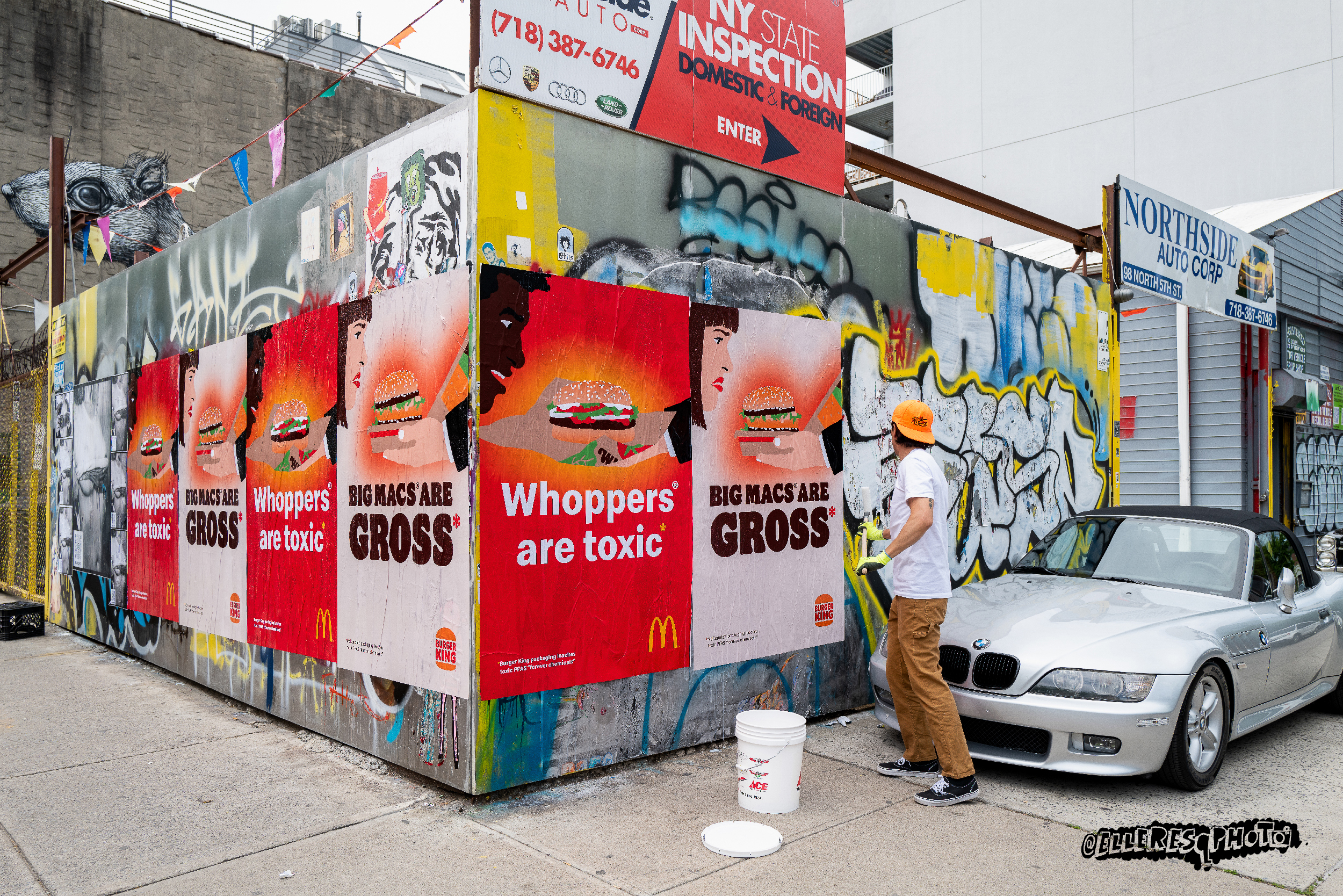 Matthew A. Eller: Today I am lucky enough to sit down and chat with Winston Tseng, the elusive satirical street artist? Satirical wheat paste artist? How would you describe yourself?
Matthew A. Eller: Today I am lucky enough to sit down and chat with Winston Tseng, the elusive satirical street artist? Satirical wheat paste artist? How would you describe yourself?
Winston Tseng: Yeah, I think you said it well, a “satirical street artist”. In my work I like to use brands and advertising to communicate societal issues, hopefully bringing some unexpected attention to them in our daily lives.
Matthew A. Eller: You’re mostly known for using familiar images into your work which without a second look are dead ringers for real advertisements. For example your recent Sesame Street campaign brought attention to climate change. Can you tell me a little bit about that?
Winston Tseng: Well, the idea for that campaign came from all the really bleak headlines and stories we see everyday about the climate. We’re constantly inundated, and it felt like we’re getting a bit numb to it. So I thought, “Okay, how do I communicate this sense of urgency in a way that’ll grab people’s attention?” Framing it as if we’re going to teach little kids about the apocalypse or mass extinction, I thought was both funny and alarming.
Matthew A. Eller: And so how mad did Sesame Street get at you?
Winston Tseng: I actually don’t know. I’m sure they’re aware of it, they reported my posts to Instagram to have them taken down. But I didn’t hear directly from them, which I appreciate.
Matthew A. Eller: And to be clear, you have nothing against Sesame Street? You were just using them as a conduit to get your point across about climate change?
Winston Tseng: Exactly, they’re just a vehicle. A beloved brand that people recognize. I felt the contradiction of using Sesame Street to deliver this kind of doomsday messaging would be really effective.
Matthew A. Eller: It also has for me this whole idea as well of how now children are told what they can learn at what age. Was this in your thought process at all?
Winston Tseng: Absolutely. Society always has “rules” about what’s appropriate for children and what isn’t. And I was playing with these norms, not because I actually want to teach children about the end of the world, but to provoke the adults.
What wasn’t my intention at all was for it to be seen so politically, that was a surprise. My timing happened to coincide with the culture wars of what schools should teach, conservatives targeting Sesame Street, and liberals supposedly “grooming” kids. So it was a bit of a perfect storm. I think that’s why it went viral and got so much attention, but those interpretations weren’t part of my thought process.
Matthew A. Eller: Before we go any further, since no one really knows anything about you, can you just give me a little background about yourself?
Winston Tseng: Sure. So I worked for a long time exclusively in the skateboard industry, about 10 years.
Matthew A. Eller: Doing what?
Winston Tseng: Doing the artwork for boards, t-shirts, apparel, all that stuff…
Matthew A. Eller: Any brands I would know?
Winston Tseng: A few different ones, but mainly I was the art director for Enjoi. I designed hundreds of boards and graphics. It’s really the only illustration style I know how to work in…
Matthew A. Eller: Oh, I can totally see it now! I love that panda! Why did you leave? Had you said everything you wanted to say in the skateboard industry and wanted to move your style into a more political focus?
Winston Tseng: That’s about right. After doing it for so long, I just got burned out and kind of ran out of ideas in that space. Plus as I got a little older there were different ideas and directions I wanted to take my work.
Matthew A. Eller: So you basically had every skater kids dream job and just got sick of it (Laughing).
Winston Tseng: Pretty much (Laughing). Growing up I was obsessed with skating and the artwork on boards. It was my dream job, I was super lucky to get it, until one day it was not my dream job… and I went from that to doing more straightforward, branding and marketing creative work.
That’s how my work evolved into what it is today. I see it as a mash-up of the provocative and humorous nature of skateboard graphics, with the visual style of advertising and branding.
Matthew A. Eller: Let’s discuss your current campaign with Coke & Pepsi, and McDonald’s & Burger King. Let’s start with Coke and Pepsi.
Winston Tseng: The idea behind this campaign was pretty simple: the fact is that Coke and Pepsi are known to be the two largest plastic polluting corporations in the world. That’s fucked up, and I thought it would be fun to bring some attention to it.
Matthew A. Eller: So once again to be clear before you finish. It’s not the product in the bottles that’s the issue here, you’re trying to bring attention to the bottles themselves. It’s not that you hate Coke or Pepsi?
Winston Tseng: Not at all, I’ve had my fair share of Coke and Pepsi in my life. My friend Gavin is actually the one that told me about it, I had no idea and was surprised to learn about it. Like you said, it’s nothing against the actual drinks, they just probably don’t need to be producing this much plastic.
Matthew A. Eller: Right. So again, just because people see your satirical ads and then they right away think that you obviously don’t like the corporation itself. But in this case it’s all about the packaging. Similarly, you concurrently are doing another similar campaign about Burger King. So what are they doing wrong?
Winston Tseng: Well, as I was researching about Coke and Pepsi, I learned about how terrible McDonald’s and Burger King packaging is too. In those cardboard boxes, the fry containers, the wrappers, they have these “forever chemicals” that leach into foods and it’s really bad for our health and the environment in general. What these corporations are getting away with just seems so crazy, there’s no real accountability.
It’s disturbing, but to be honest a lot of it for me is just the creative fun in playing off the history of the cola wars and the burger wars and the rivalries between these companies. The thought of seeing a Coke ad talking shit about Pepsi, and vice versa, is just funny to me. So I hope people see it through that lens of satire and not just pure anger or preachiness. Because that’s definitely not how I’m trying to come across in my work.
Matthew A. Eller: How long do these campaigns usually last on the streets?
Winston Tseng: Most of the time, not very long at all. They get taken down pretty quickly, within days. Sometimes randomly they’ll last for weeks, but that’s rare. It comes with the territory. We’ll see if the posters from today last longer.
Matthew A. Eller: Ok, actual last questions…You have never done an interview or allowed anybody to photograph you. Why did you want to talk to me? What do you want people to know? Why now?
Winston Tseng: No specific reason. We’ve known each other for a while now but never met in person, and I really respect what you do as a photographer. And obviously, Streetartnews is a great site. I just thought it would be fun, and it was!
Matthew A. Eller: Well thank you so much for spending the afternoon with me wheatpasting and chatting! Please follow @winstontseng & myself @elleresqphoto on instagram for future information about all the best street art.
Also stay tuned for information about how to win a signed Winston Tseng print. These have NEVER been available for sale!!
All Photo’s & Text Copyright 2023 Matthew A. Eller. Follow me on Instagram @elleresqphoto.


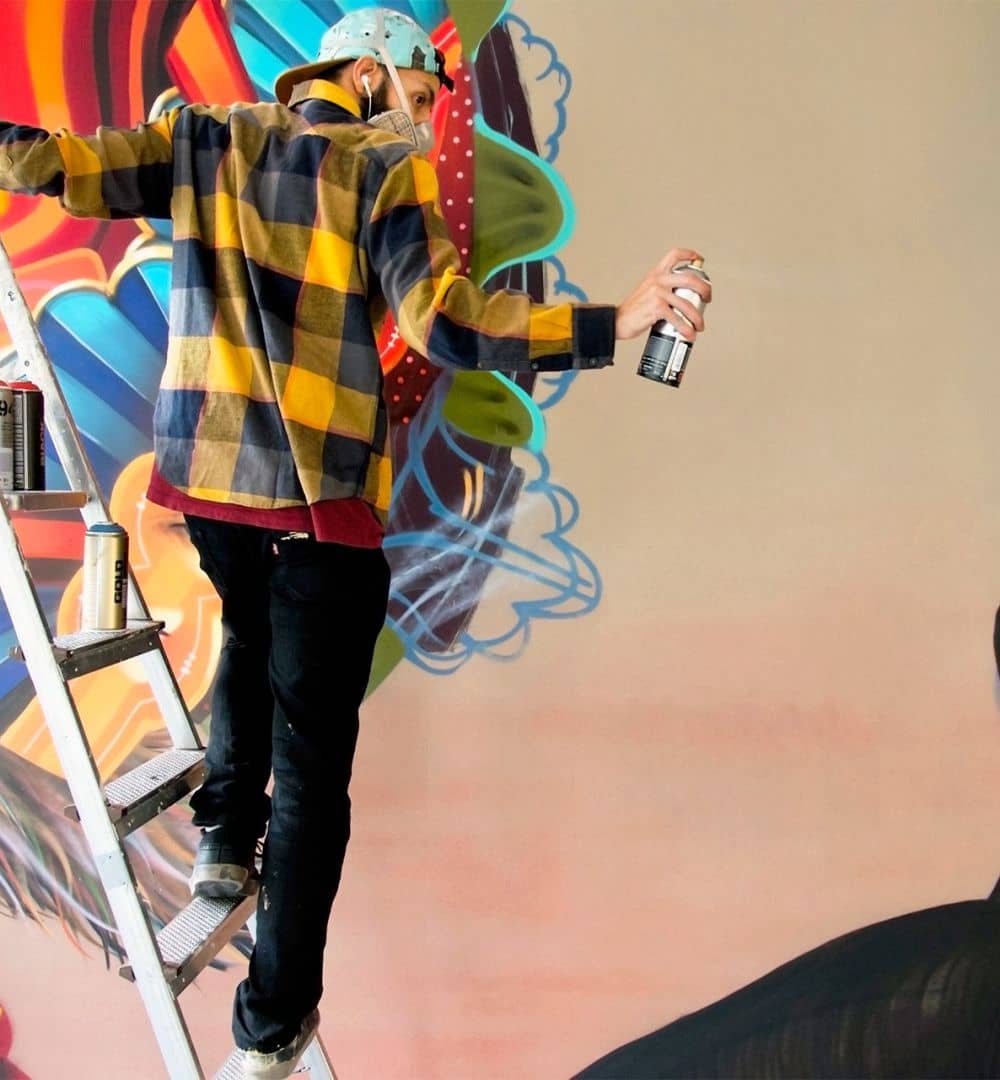
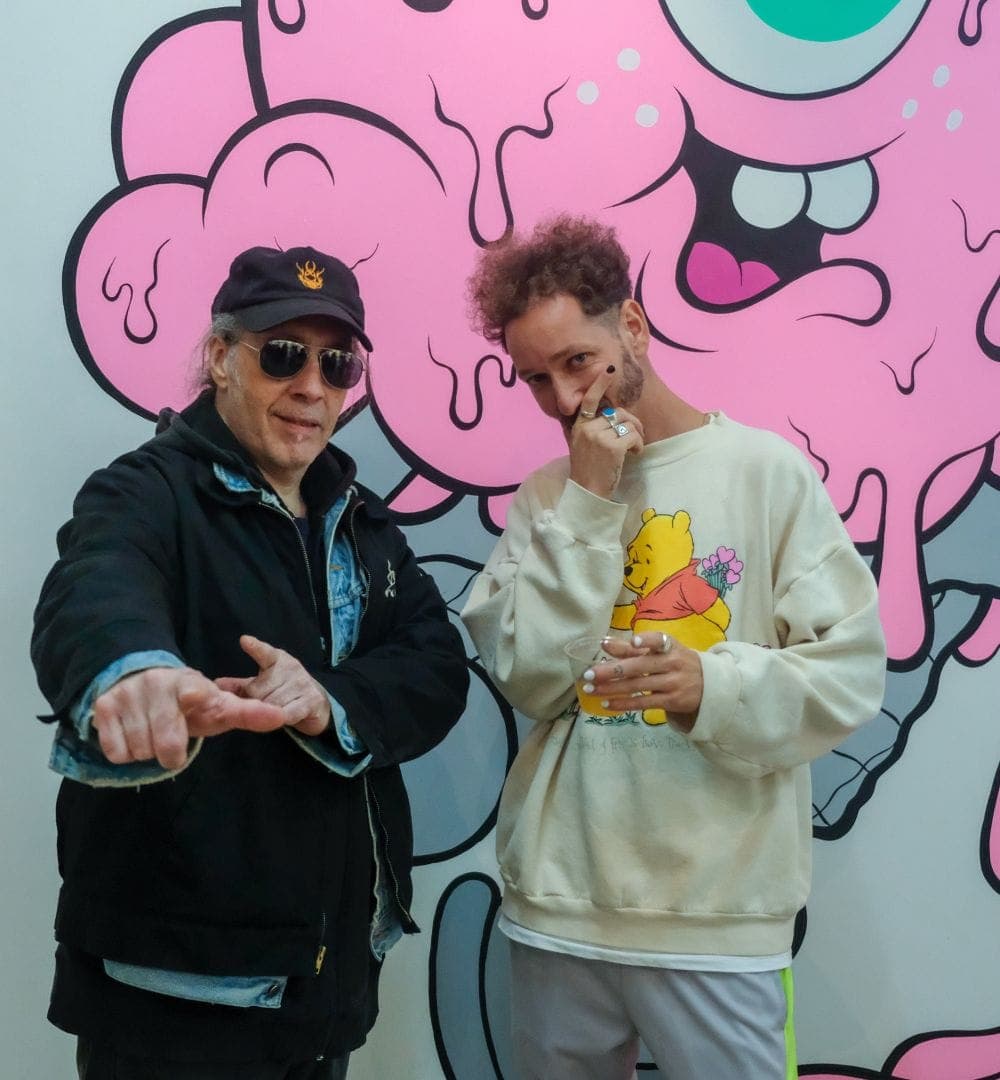
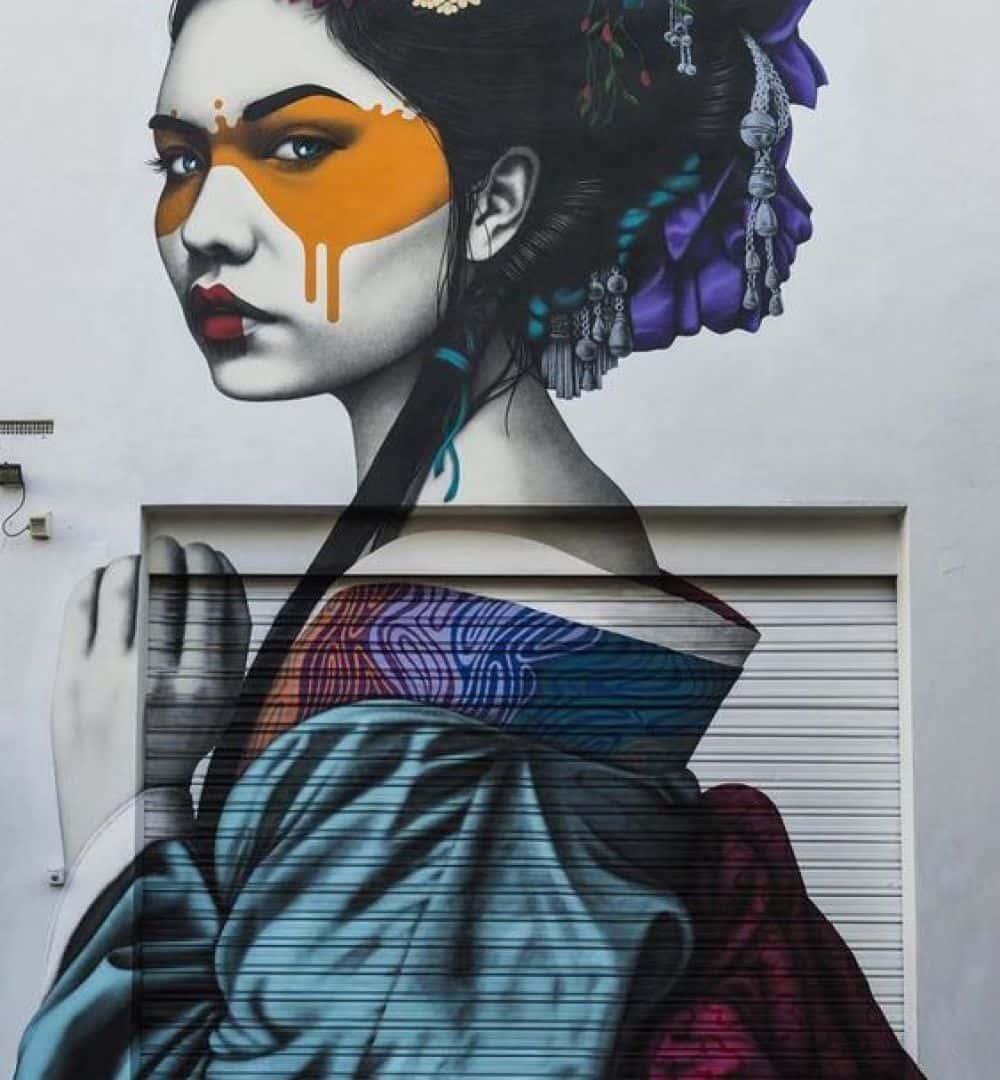

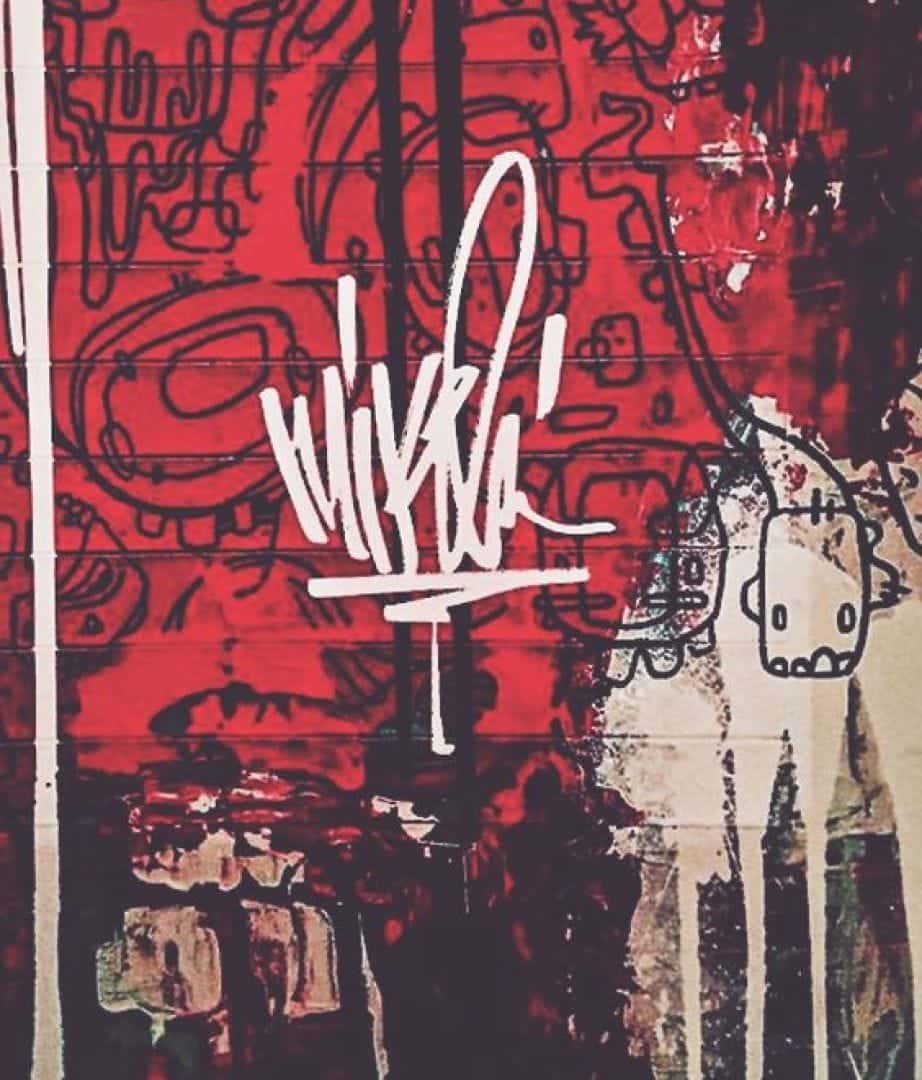
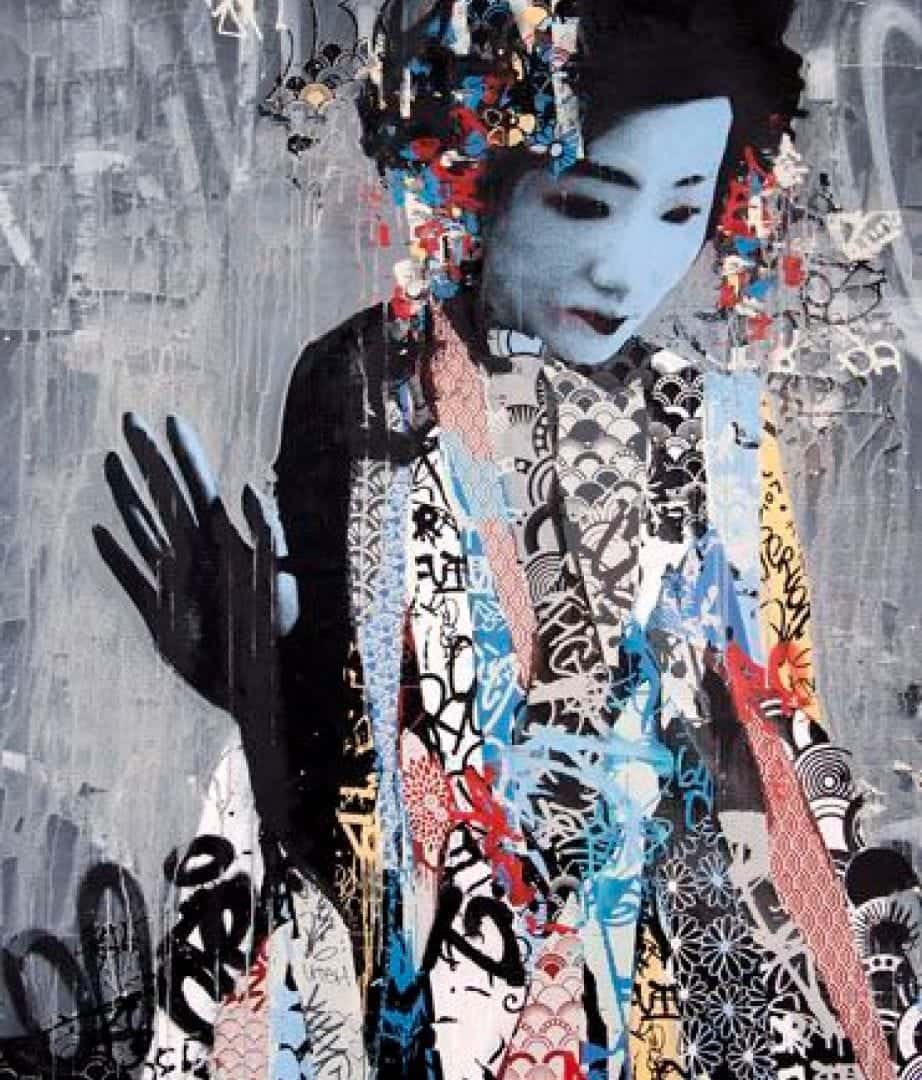
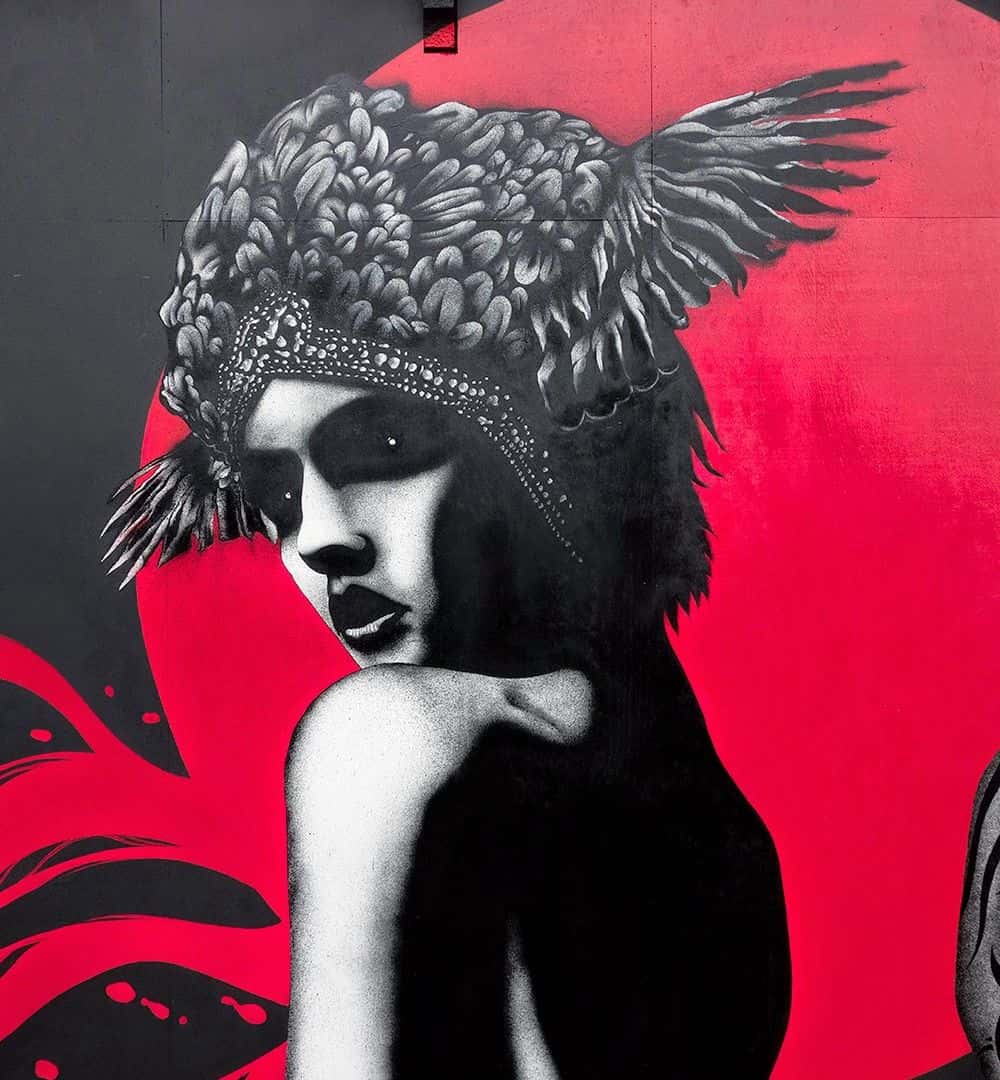
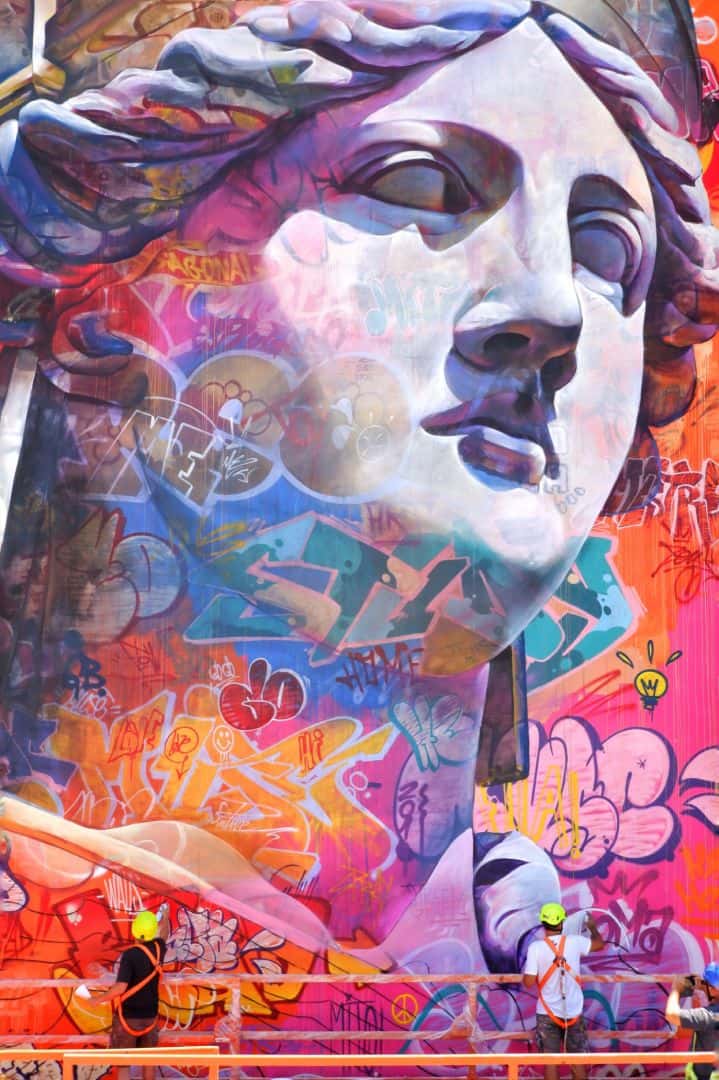


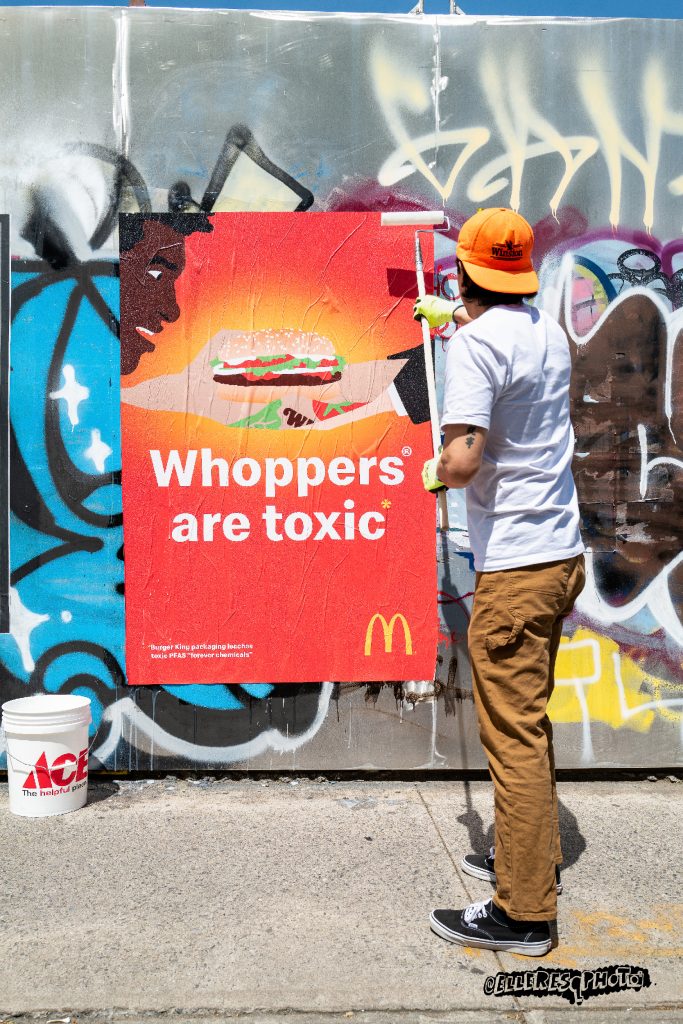
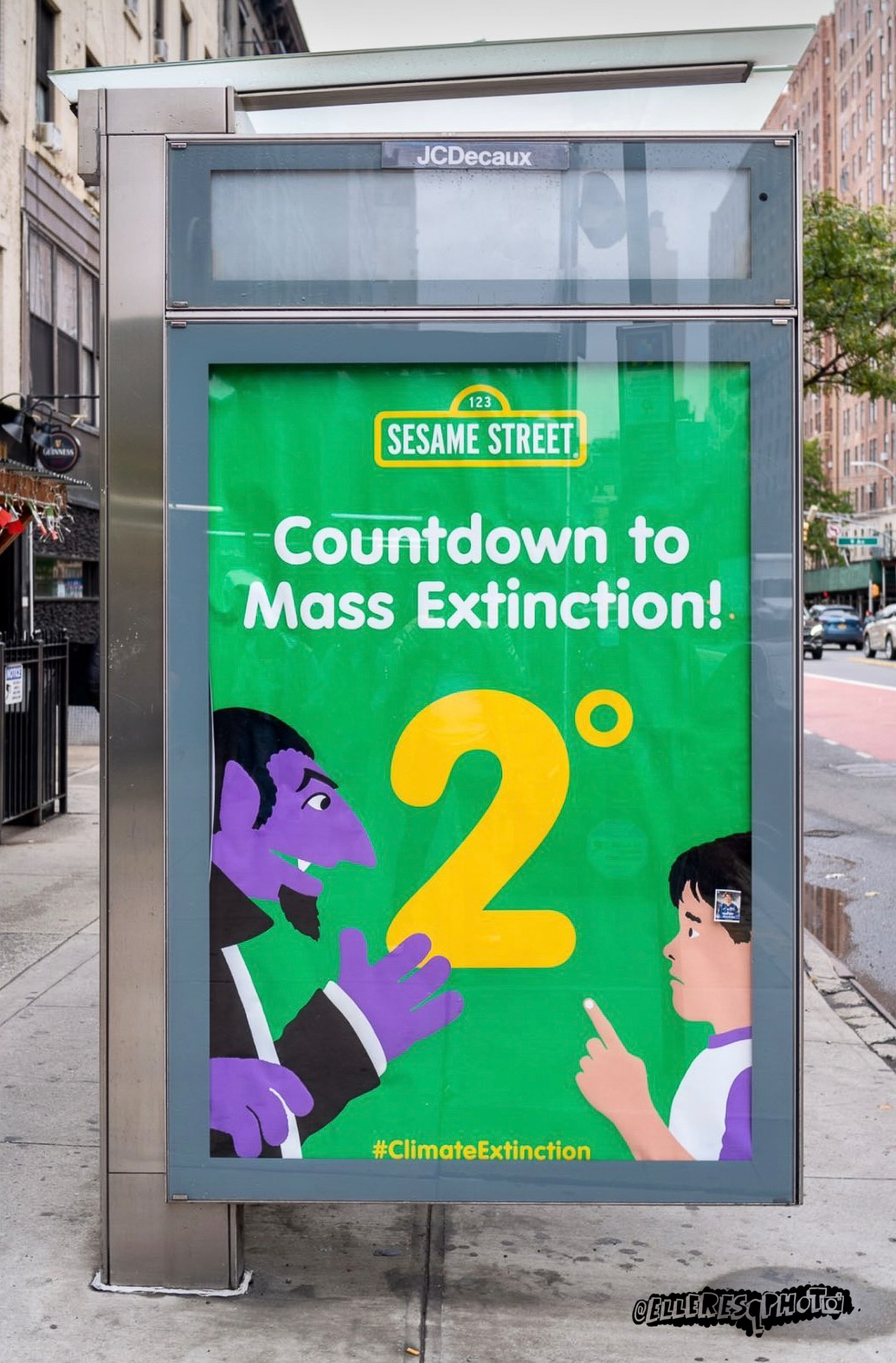
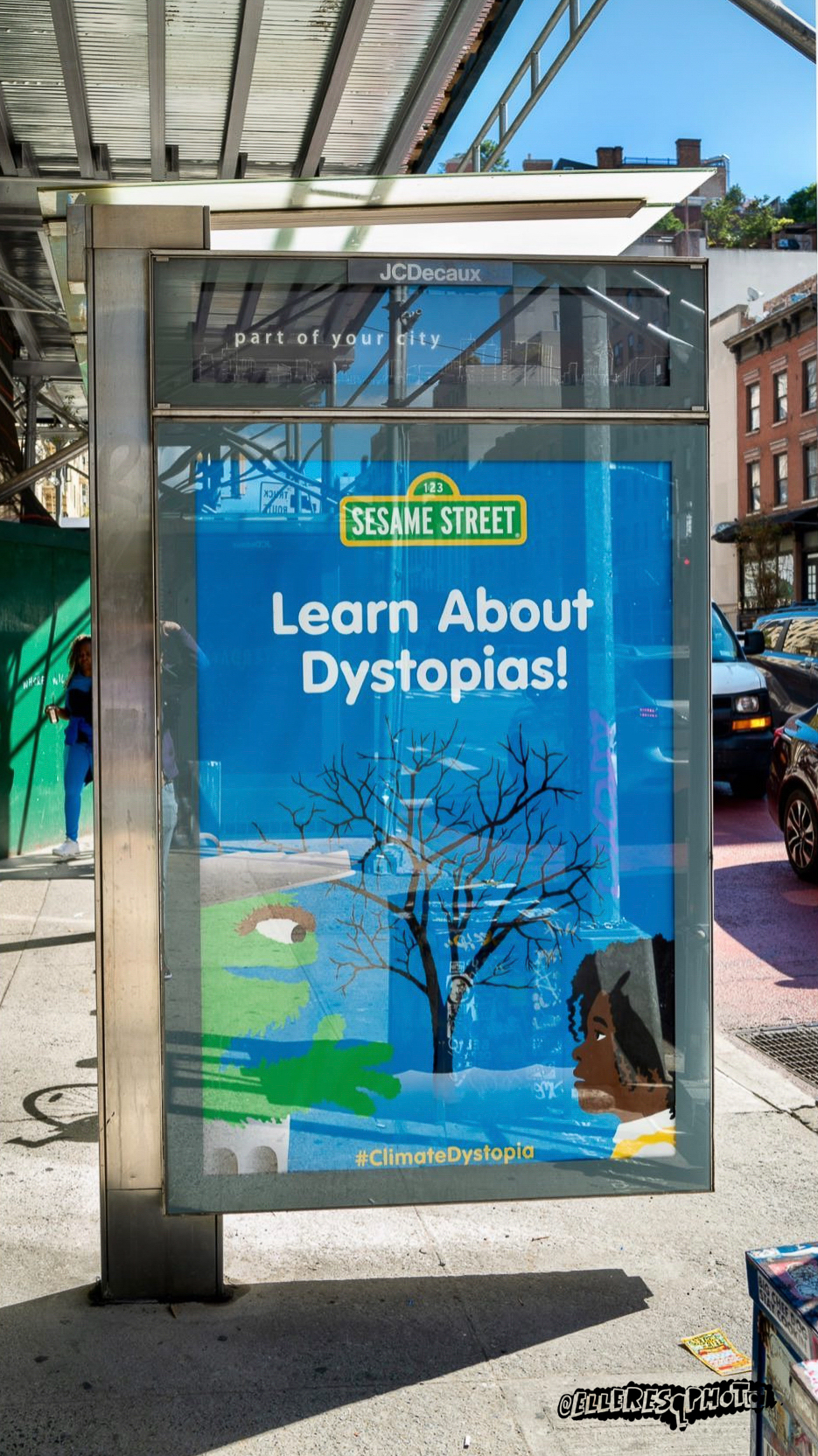
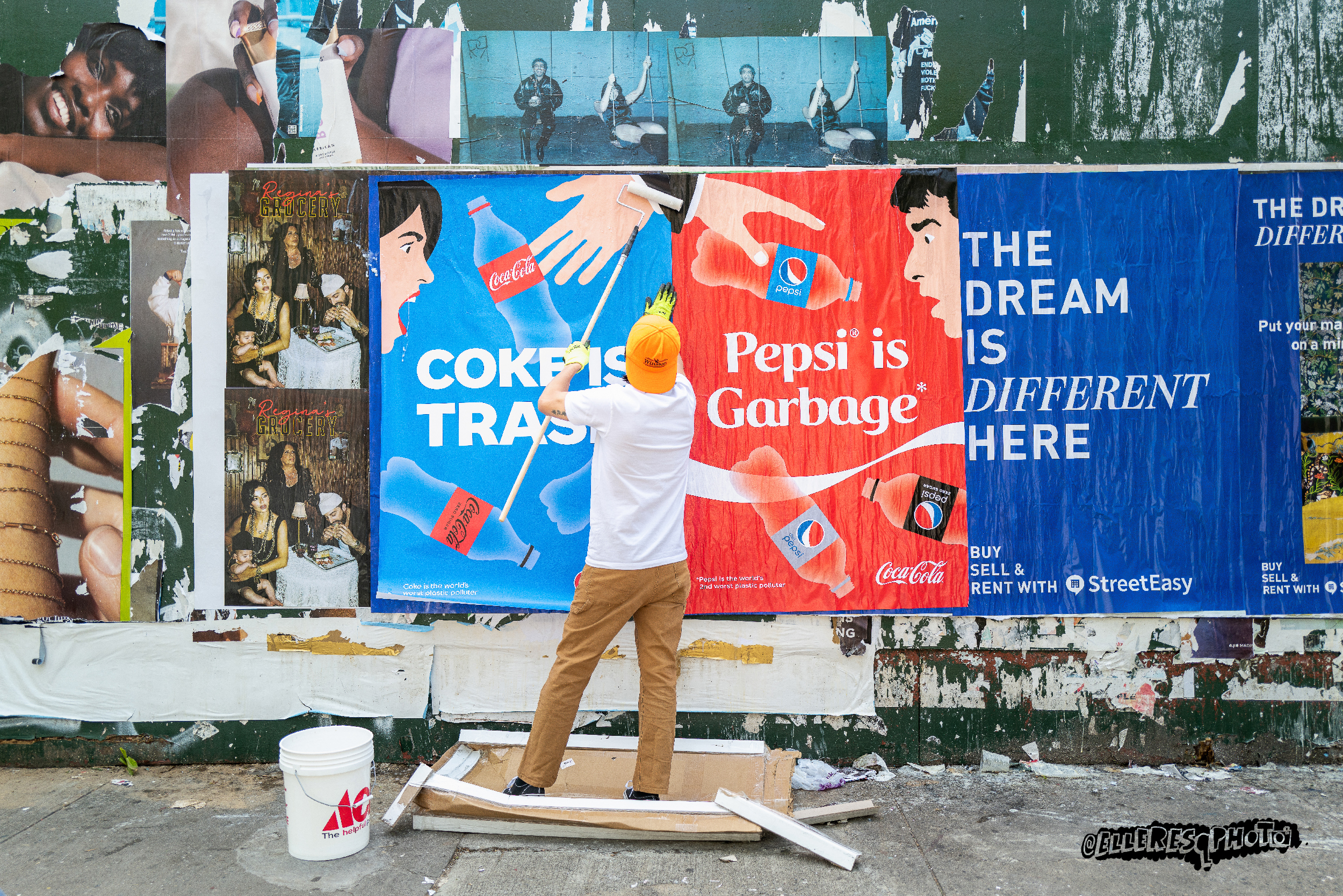
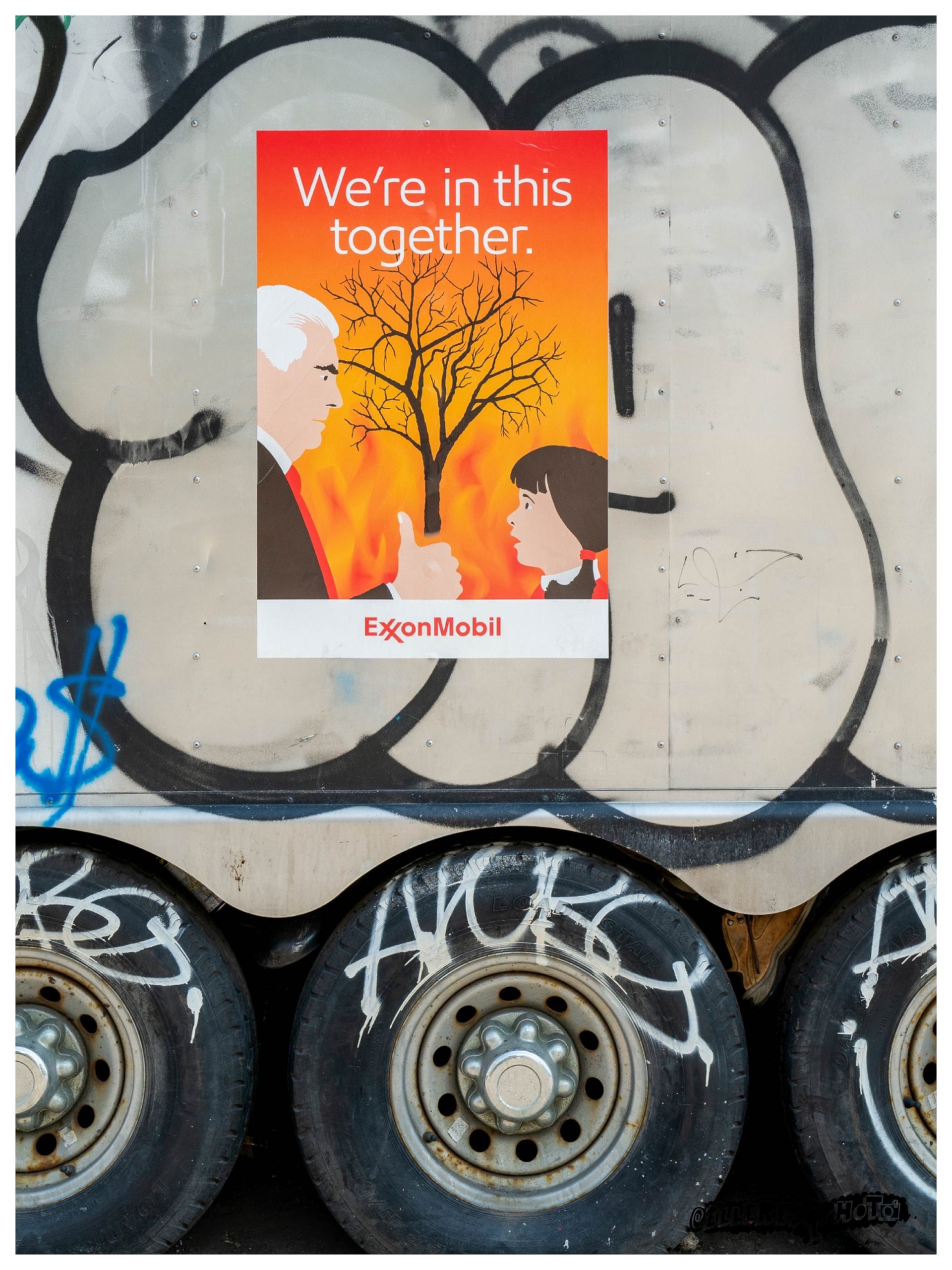
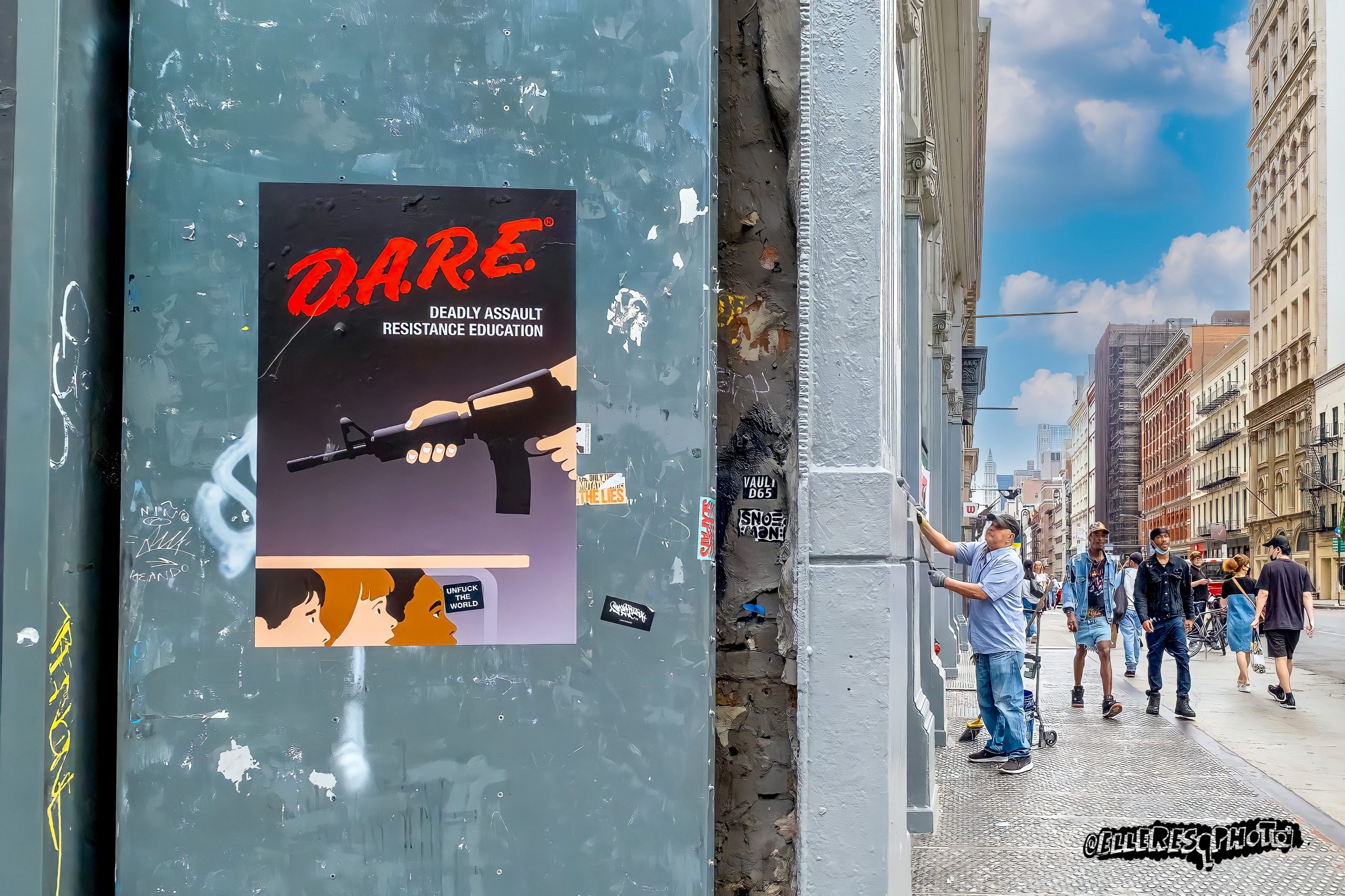
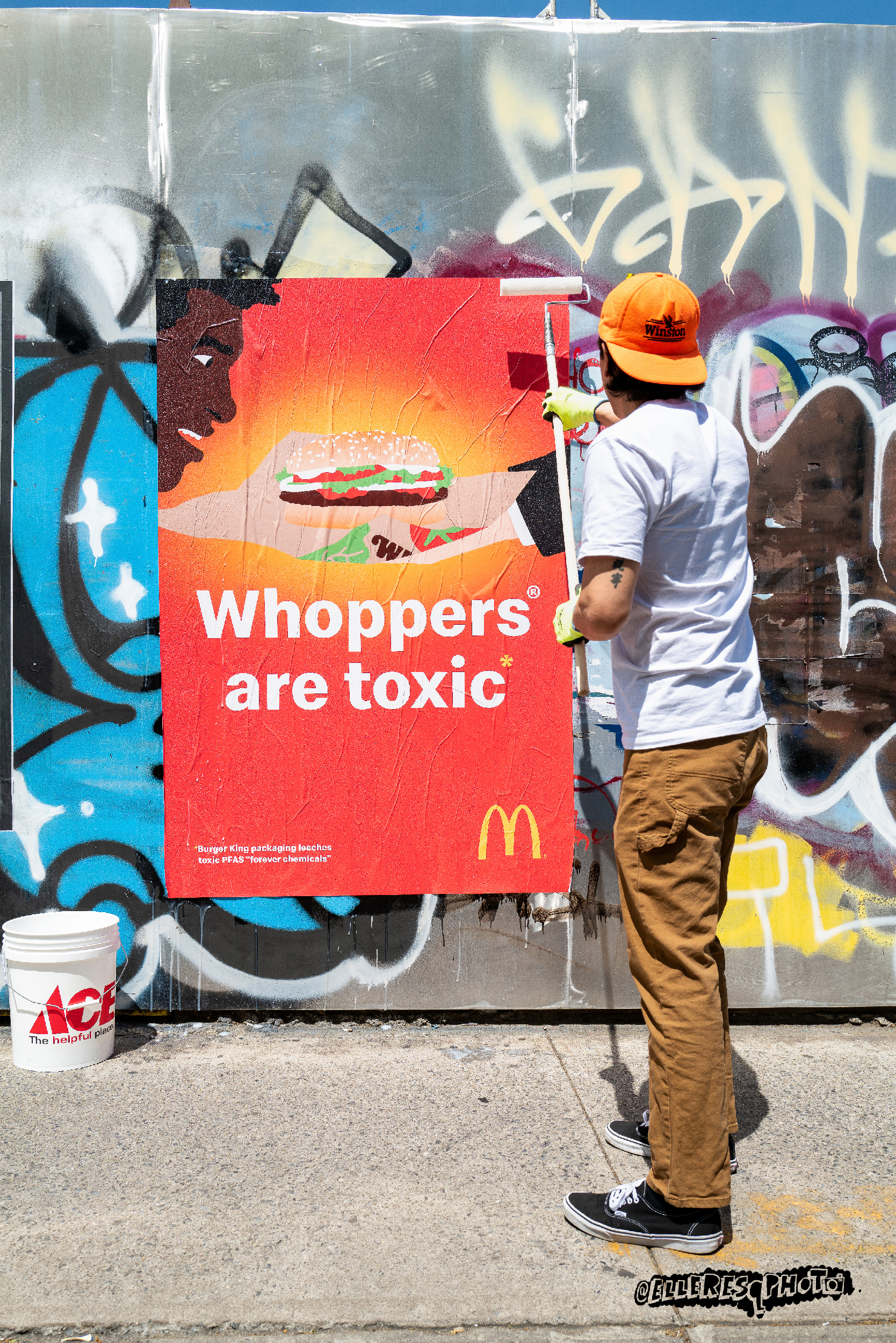
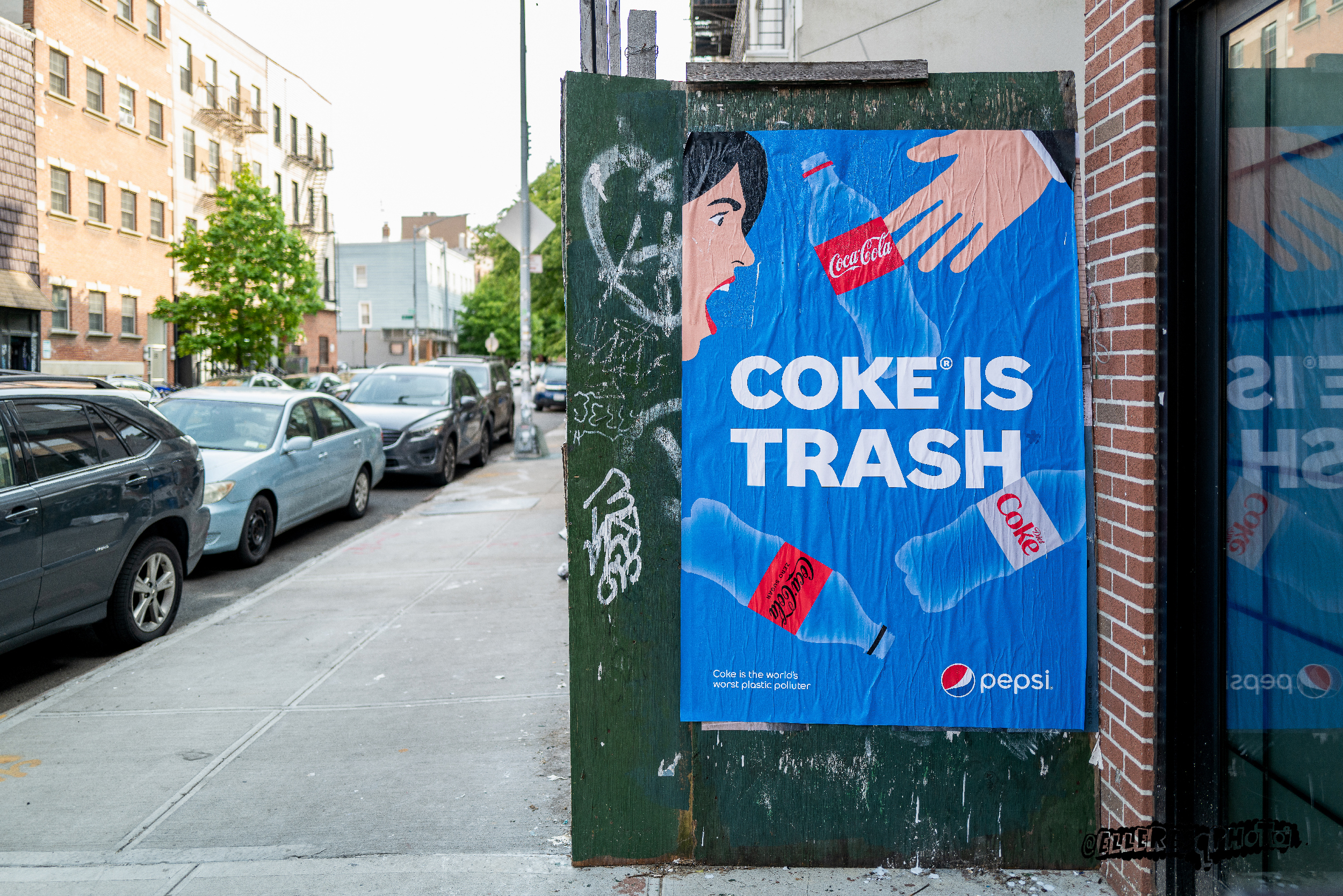
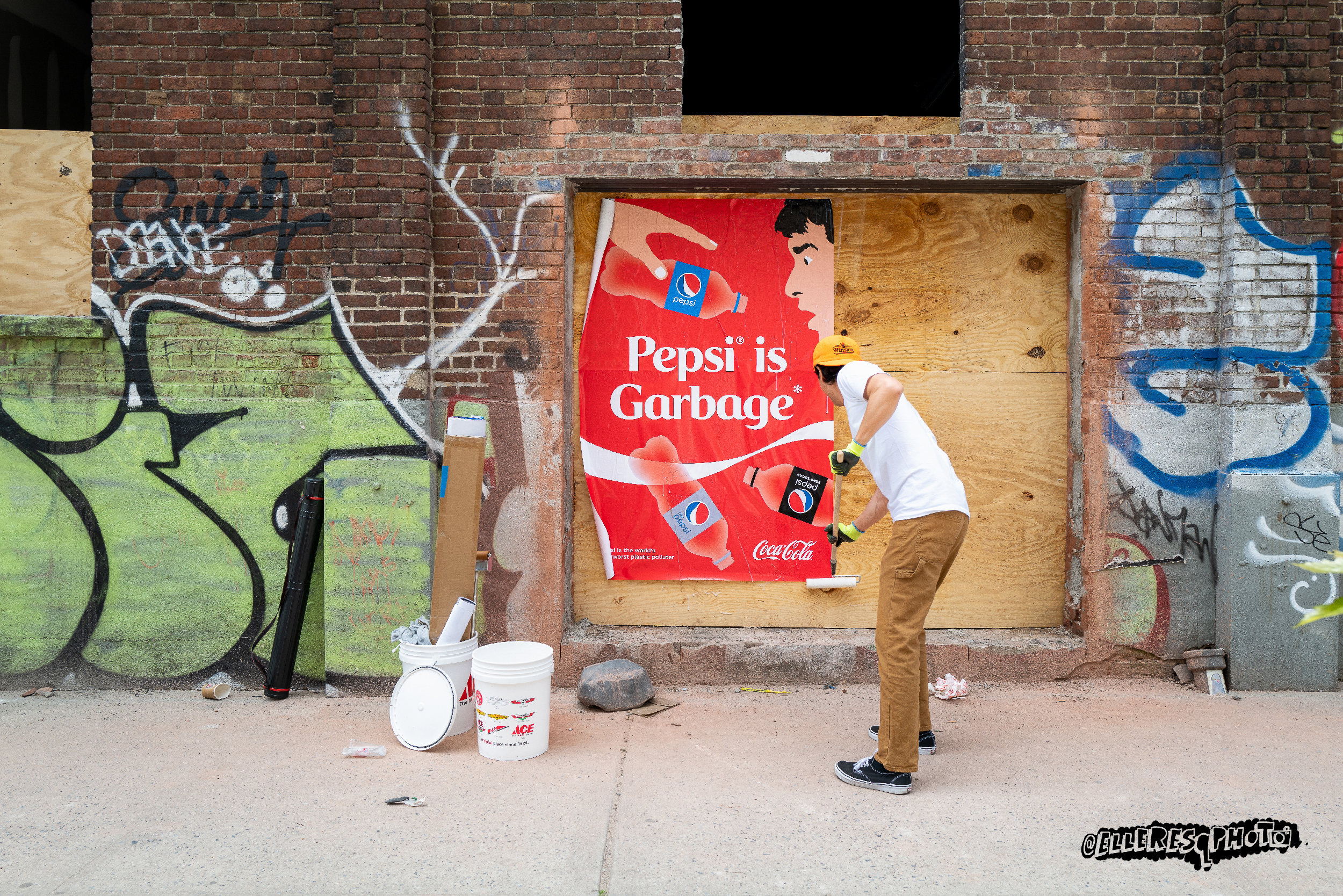
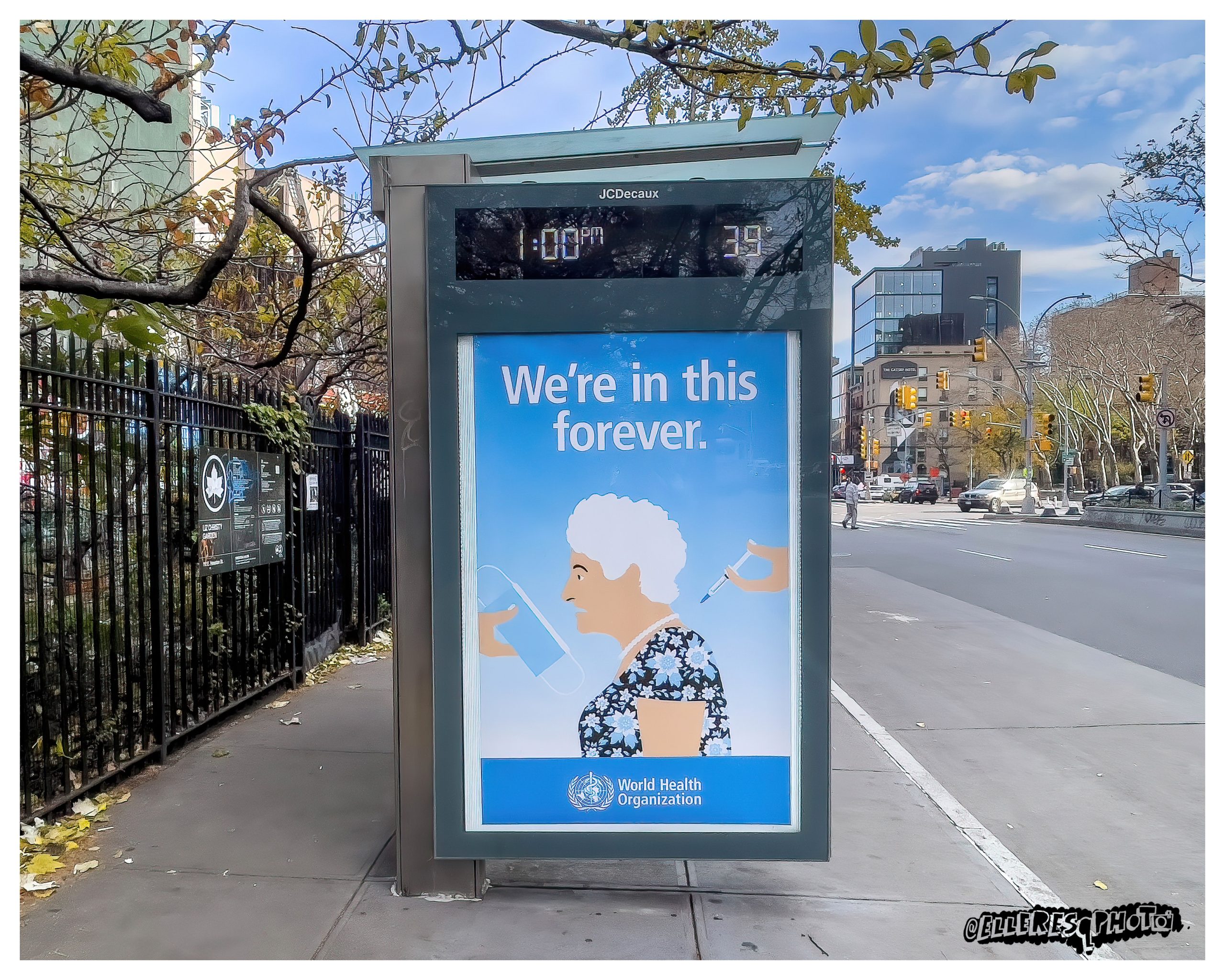
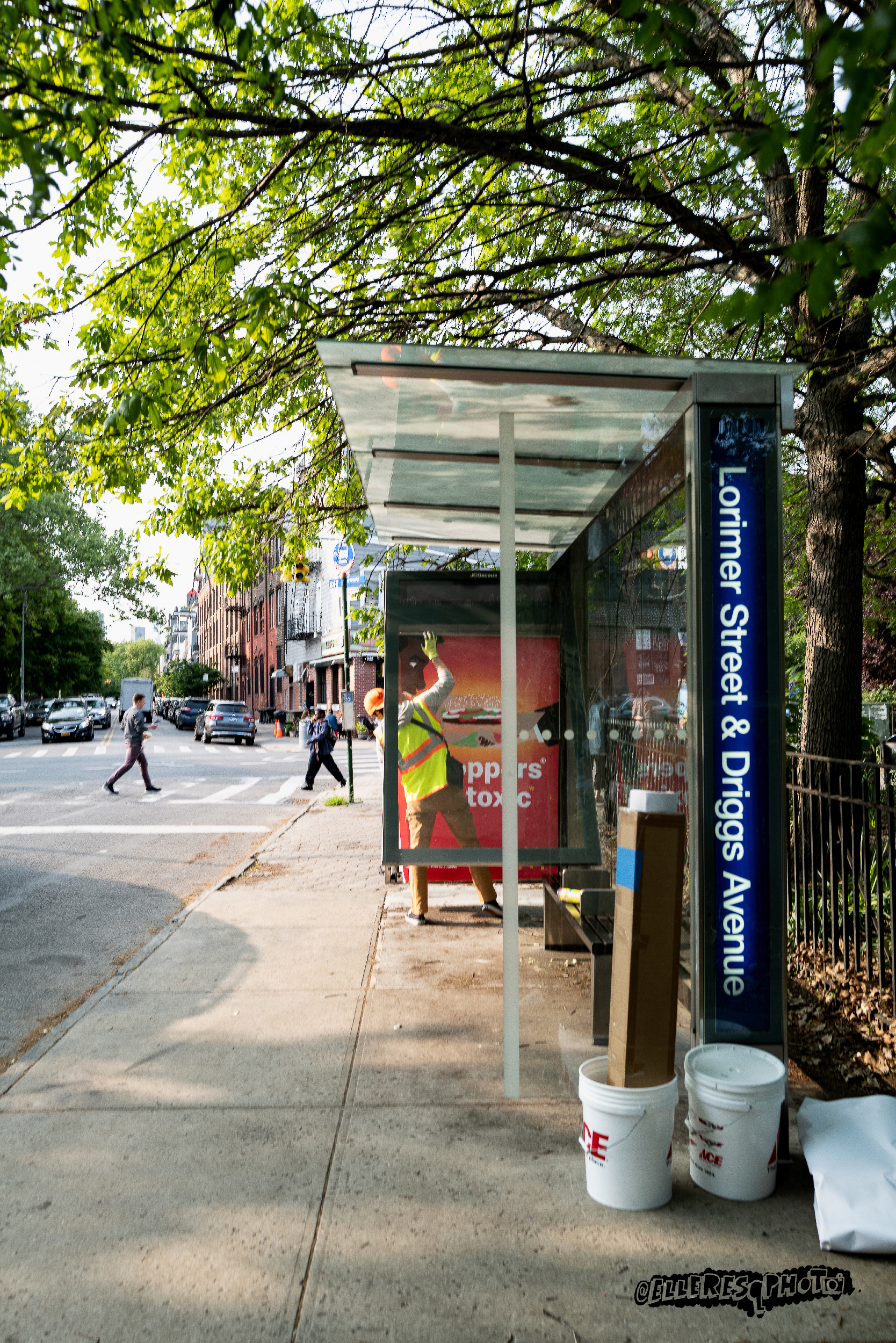
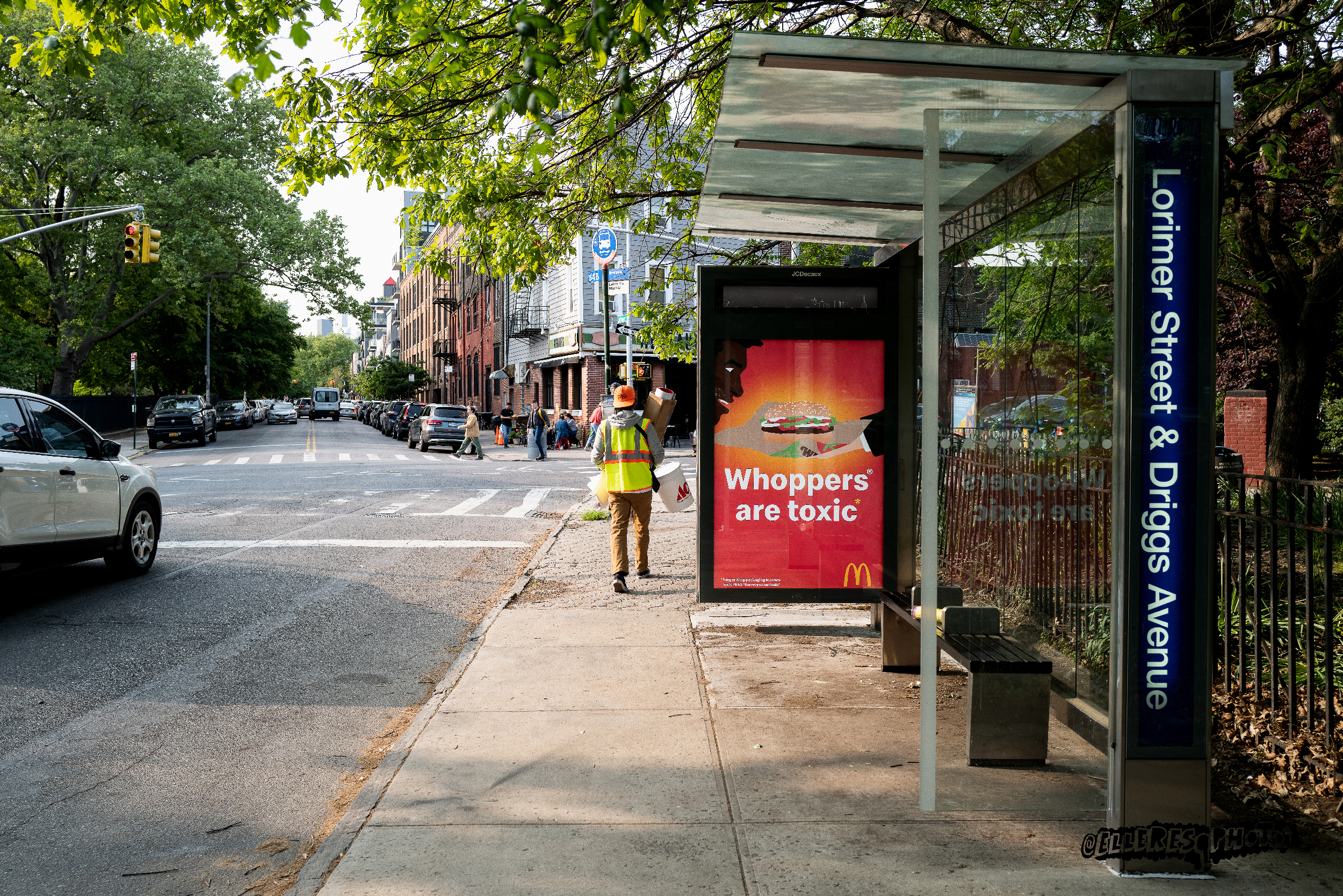


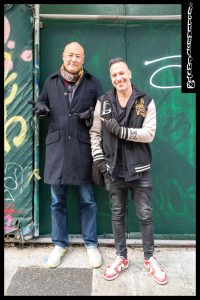


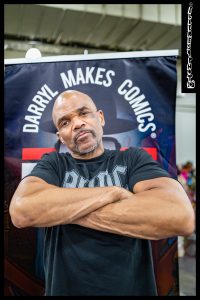
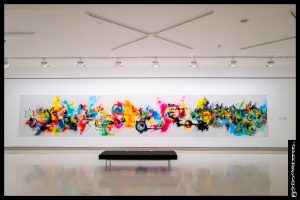
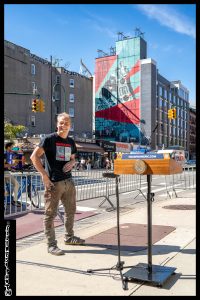
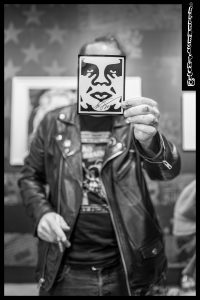


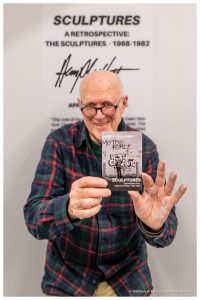
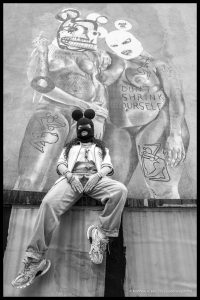





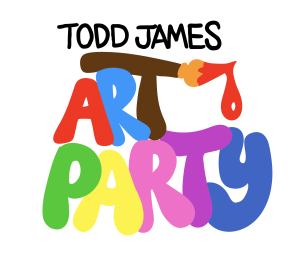
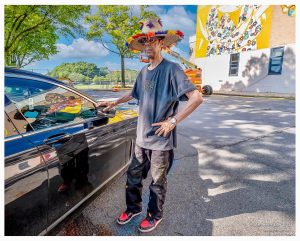
comment